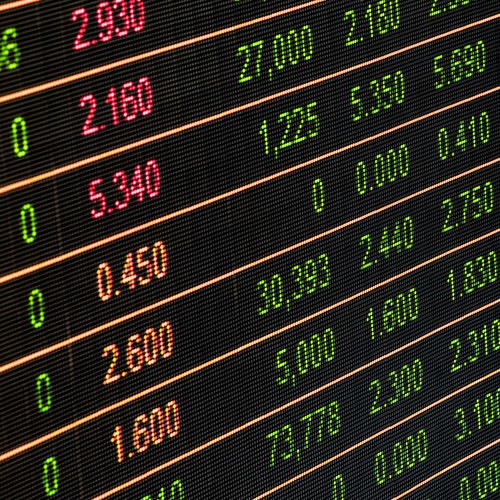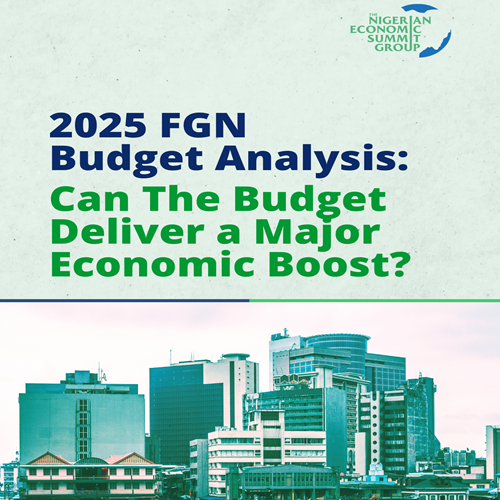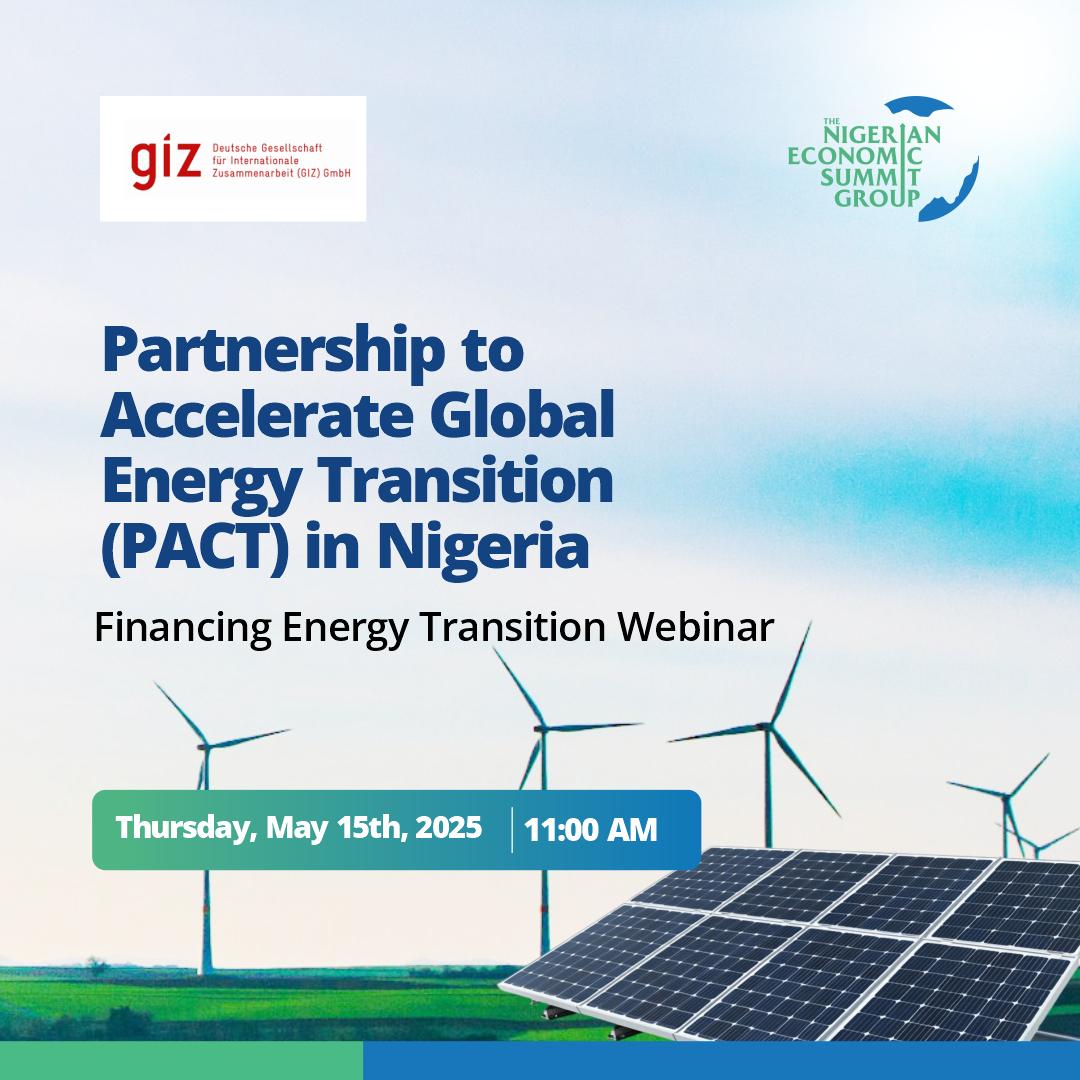Posted Tue, Sep 15, 2020 7:15 AM
Global economy slowed amidst covid-19 pandemic

The year 2020 has been forecast to hold great promises for not only Nigeria but also the rest of the world, particularly, as the US-China trade tension was expected to become subdued. This optimism was, however, shattered by the sudden outbreak and rapid spread of the coronavirus pandemic from Wuhan City of China to other countries. The viral infection has pervaded over 190 countries and territories of the world, with the worst hit being the United States, which slipped into recession in Q2’2020. Other advanced countries including the United Kingdom, Spain, France, Italy, and Germany officially slipped into recession after contracting sharply by -20.4%, -18.5%, -13.8%, -12.4%, and -9.7%, respectively, in Q2’2020 (see Figure 1 in the document to be downloaded). This is not unexpected as most countries are returning to lockdown restrictions following the second wave of coronavirus outbreak. However, China recorded a growth rebound in Q2’2020, following a contraction of 6.8% in the previous quarter. In its revised global economic outlook for 2020, the International Monetary Fund projected that most advanced countries, as well as emerging and developing economies, would contract sharply in 2020. Nigeria is no exception as the IMF projects the economy to contract by 5.4% in 2020.
Most countries are currently suffering from the outbreak of the second wave of coronavirus pandemic. Nigeria’s major export market for crude oil, India, is not an exception. This implies that the demand for Nigeria’s crude oil would remain tepid. When combined with weak global oil prices, the country is expected to suffer a huge revenue loss, thereby worsening the trade balance. Against the backdrop that COVID-19 has disrupted supply chains, global FDI is expected to plunge in 2020. The United Trade Conference on Trade and Development (UNCTAD) projects a 40% decline in global FDI in FY’2020. This would further drive down the FDI inflows into Nigeria, which is currently at less than $1 billion annually. Due to uncertainties around the coronavirus pandemic, portfolio investors are likely to adopt a flight-to-safety approach towards investment. By implication, portfolio investments would plunge in emerging markets with high indebtedness and weak external positions. Owing to the persistent decline in oil prices and lower foreign investment inflows, the Central Bank of Nigeria (CBN) has started rationing forex among end-users to protect the already weak external reserves, which currently stands at $35.6 billion.
Nigerian economy contracted by -6.1% in Q2’2020
The Nigerian economy bucked the positive growth trend it has maintained in the past three years as it contracted by 6.1% in the second quarter of 2020. On the backdrop of an expansion of 1.9% in Q1’2020, the economy contracted by 2.1% in H1’2020 compared with a cumulative growth of 2.1% in the first half of 2019. The contraction was a direct fall-out of measures taken to mitigate the spread of the COVID-19 pandemic including lockdown restrictions and travel bans coupled with weak global oil prices. In nominal terms, the size of the economy in the second quarter of 2020 was N34.3 trillion (US$90.1 billion) from N36 trillion (US$94.4 billion) in the first quarter of 2020. In the first half of 2020, the nominal GDP stood at N70.3 trillion (US$184.5 billion).
Download the research document attached to learn more.
Find a blog post
Latest Releases

2025 FGN Budget Analysis: Can Th .. Read
2 weeks ago

NESG Stanbic IBTC Business Confi .. Read
3 days ago

Engagement Towards a Successful .. Read
3 days from now
